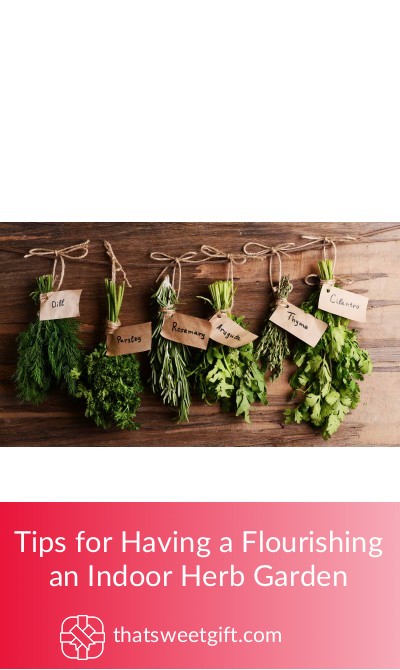Tips for Having a Flourishing an Indoor Herb Garden
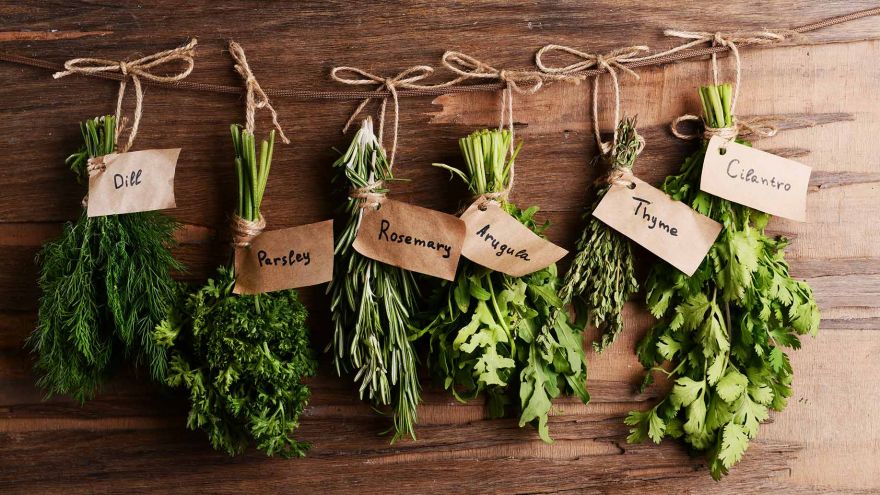
Herb gardens carry plenty of benefits, especially if you’re someone who has always been interested in gardening. They can easily turn into something that you go to every day for the seasonings needed for all of your meals and they can help to add a vibrant fragrance to your kitchen. Even for people who live in apartments and are looking for a little bit of greenery, an indoor herb garden can be quite beneficial. Below are some great tips and tricks to use to your advantage to keep your herbs flourishing indoors throughout the year.
Tip 1: Find Natural Light
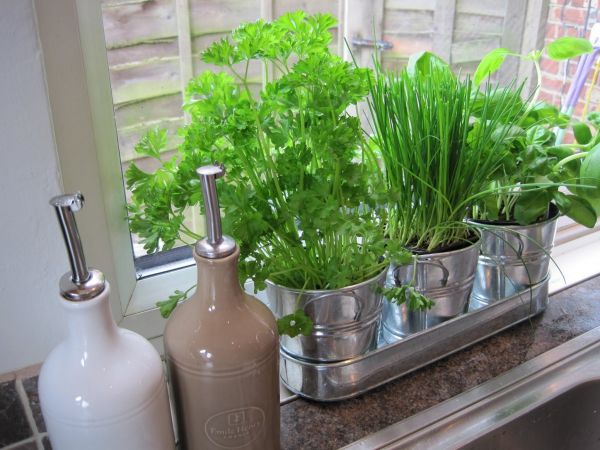
It’s important to remember that similar to humans, plants need the sun to survive as it helps them to go through photosynthesis, which assists them in producing their own food supply. This means that your herbs are going to need access to consistent natural light throughout the day so they can grow healthily and remain stable throughout the year. There are most likely plenty of different windowsills or countertops where you can place the garden so the herbs can get all of the sunlight they need.
Tip 2: Create Sufficient Water Drainage
Even though you might be tempted to simply plant a herb in a pot and be done with it, you’re going to need to take an extra step to make sure all of your plants have enough drainage after they have been watered. Unfortunately, herb roots are very delicate and are prone to rotting, especially if they sit in water for prolonged periods of time. It’s always important that you feed them water slowly and ensure that all of the soil gets damp, with a sufficient amount of drainage at the bottom to get rid of excess water.
Tip 3: Find Herb Pots
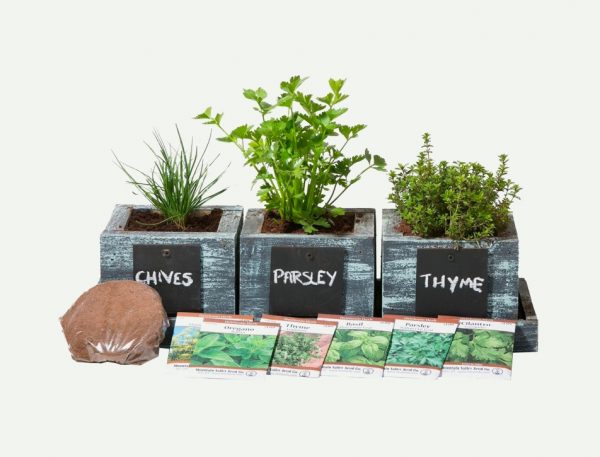
If you’re not someone who wants to get deeply involved in creating your own irrigation system indoors, you can always choose the easier option, which is finding pots that are specifically designed for herbs. There are hundreds of different herb pots on the market that have the appropriate amount of drainage and space for soil, especially as they are customized for this variety of plant. It also helps to keep maintaining your herbs much simpler and they can thrive easily, especially for people who have the tendency to kill any plants in their possession.
Tip 3: Offer Different Pots
Every herb that you own likely has different growing instructions, however, as long as these instructions are followed they should easily flourish on their own. With that being said, you’re going to want to make sure that all of the herbs have their own pots so they can be placed in different areas of your home. A great example would be basil, as it’s an indoor herb that is relatively easy to grow, however, it doesn’t prefer extreme heat and it doesn’t like cool breezes. Each of your herbs should be treated as if they were individual plants, helping to give them the best chance for survival.
Tip 4: Choose the Right Soil
Even though you might be tempted to pick up a generic bag of potting soil from your local hardware store, you can guarantee that the majority of your herbs won’t like it. There are two main things to think about when choosing soil, that the plants have the ability to produce the most flavor, and that the soil is safe to ingest. You’re going to want to do a little bit of research into the herbs that you intend on growing indoors to figure out what type of soil they prefer.
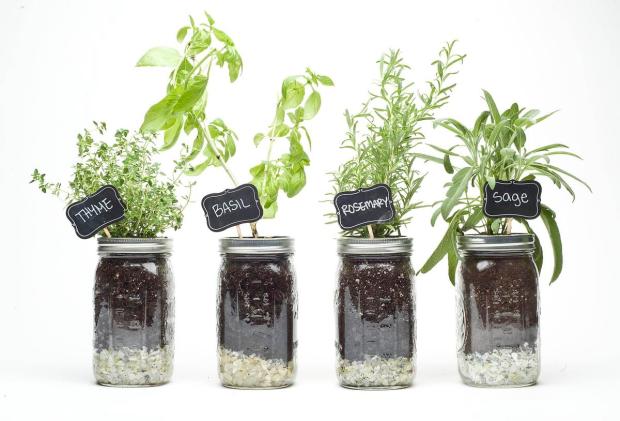
As an example, some herbs prefer poor soil because this allows them to create the most robust flavor, whereas others like rich soil. If you’re unable to do your own research into what type of soil is best for your indoor plants, you can always ask a professional at your local garden center for advice.
Tip 5: Know When to Water
If there’s one thing that is very confusing amongst most plant owners, especially people who are setting up their first herb garden, it’s knowing when to water their herbs. In all reality, setting up a schedule is relatively pointless as certain plants will need to be watered more often than others. Instead, you’re going to have to rely on visual and sensory cues to know when it’s the right time to nourish your herbs.
First, you’re going to want to feel the surface of the soil in each of your pots because if it’s dry, it’s time for you to water them. You’re going to want to make sure that you water the pots until one or two drops are starting to drain. Also, ensure that all of the water is making its way into the soil and isn’t pooling on the leaves of your herbs.
Tip 6: Feeding the Herbs
As another similarity to humans, you’re going to need to consistently feed your herbs in order to give them the vitamins they need to become healthy and more flavorful. Over time, your plants are going to consume all of the nutrients in their soil which means you’re going to need to replenish the nutrients with the help of plant food.
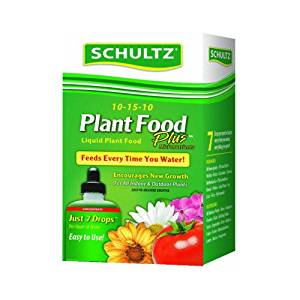
However, it’s very important to remember to not choose any plant food that contains chemicals or pesticides, as you will likely be consuming the herbs at one point or another and you certainly won’t want to poison yourself or others.
Finally…
Growing your own herb garden can be a phenomenal experience, especially if you’ve always been interested in what it would be like to grow your own food. With plenty of herbs that grow perfectly indoors, you can add flavorful elements to your everyday meals that elevate them from bland and traditional to shocking and robust. With the help of these six tips, you’ll be well on your way to not only setting up but also maintaining a spectacular herb garden that will become the focal point of your home. Also, you won’t ever have to worry about the outdoor elements as it will all be indoors!
Pin for later
